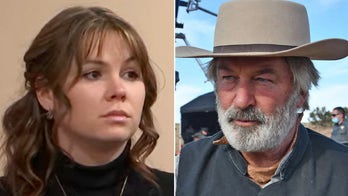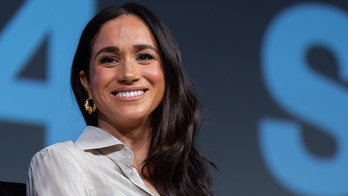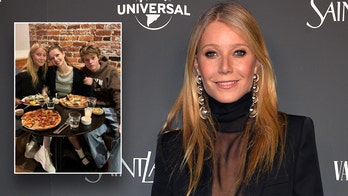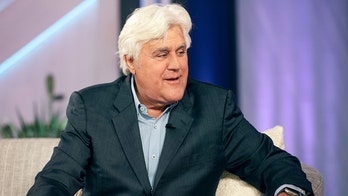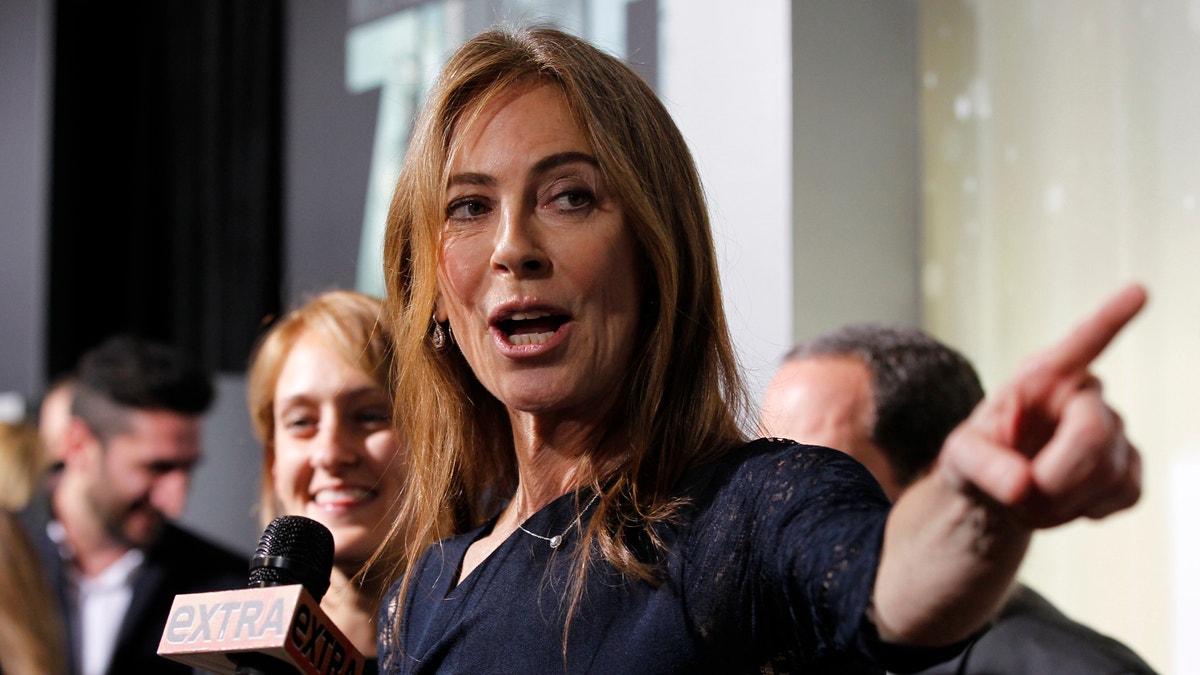
LOS ANGELES – Last year an array of Hollywood stars urged Americans not to vote for the GOP in the Presidential election, claiming that the party was “waging a war on women.” But it seems the entertainment industry may be waging its own war against females, at least when it comes to employment opportunities.
According to a new study conducted by the Center for the Study of Women in Television and Film at San Diego State University titled “Celluloid Ceiling: Behind-the-Scenes Employment of Women on the Top 250 Films of 2012,” last year women comprised of just 18 percent of all directors, executive producers, producers, writers, cinematographers, and editors working on top 250 grossing films.
“The causes of women’s continuing under-representation are numerous and complex,” Dr. Martha Lauzen, Executive Director of the San Diego State University division that conducted the research, told FOX411’s Pop Tarts column.
But what is perhaps even more concerning is that very little progress has been made in recent years to close the gap. The study pointed out that the statistic represents no change from 2011 and an increase of only one percent from 1998.
Furthermore, women accounted for 9 percent of directors, an increase in 4 percent from the previous year but on par with the percentage of female directors in 1998. And when it came to writers on the top 250 grossing films, women made up a mere 15 percent, while only 2 percent of women were hired as cinematographers, 25 percent took on the position of producers and 20 percent of all editors working on top 250 movies were women.
The report noted that historical comparisons of 2012 with 1998 revealed that the percentage of women directors have not changed, the percentages of female writers and producers increased slightly, and the percentages of women executive producers and cinematographers has actually declined.
“Women continue to be vastly underrepresented at the top notch of Hollywood films because Hollywood is focused on making action and super hero films that women never get opportunities to direct,” said Melissa Silverstein of IndieWire, a news and networking site dedicated to independent filmmaking. “Hollywood is a boys club where men hire friends who they are comfortable with. When women get opportunities they are usually to direct romantic comedies, but not the films that open on huge amounts of screens and wind up in the top-grossing category.”
However, Culture and Media Research Institute writer, Katie Yoder, noted that perhaps its women themselves who are opting to steer clear of the Hollywood boys' bubble.
“Hollywood is a place that sells sex and objectification of women. How is it a surprise that many women would not find that atmosphere inviting? I find it almost funny that PC Hollywood finds itself disrespecting half of the population,” she said. “Hollywood won’t even admit it has a problem (regarding) how it treats women. So how can they fix it? The Left Coast’s war on women has lasted decades. They treat women like things, not people. The fact that many women aren’t interested in entertainment careers as a result is perfectly natural.”
And while such studies as the “Celluloid Ceiling” paint a pessimistic future for females striving to crack the Hollywood big-time behind-the-scenes, others remain confident that the industry will change – slowly but surely.
“What needs to happen is to continue to forge the new paradigm, as evidenced by Kathryn Bigelow’s masterful direction, and allow women to express themselves beyond the female-centric and family fare,” said screenwriter Ariane Sommer. “On an executive level, I think we are doing that, as for years we have been seeing high-powered women that are killing it. Sherry Lansing, for example, ran Paramount Studios for years and has forged the way for many others.”
Silverstein too insisted that women are indeed working at all levels of the business and are making great films, and that changing these patterns is a slow journey.
“There are great female directors working and making really interesting films,” she added. “We need people to get over age-old stereotypes about films that star women and we also need to really get over continued sexism related to hiring women for top-level jobs.”
Danielle Jones-Wesley contributed to this report.
